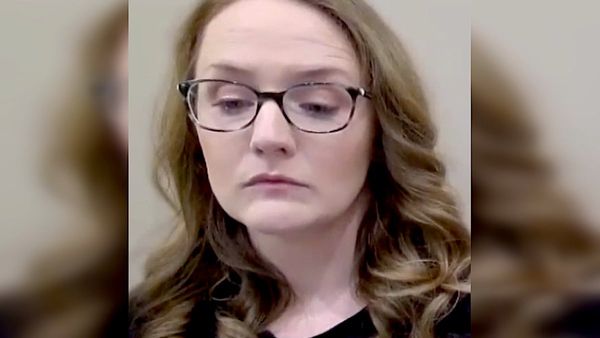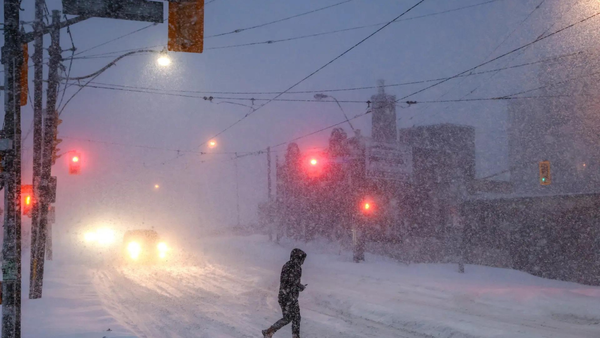When a patient died in front of her as a student nurse, Teresa Plane fled down the fire escape and vowed never to return.
But she did go back. She completed her training to become a registered nurse.
For years though, she remained what she termed a "death-defying nurse" as she established a successful career in surgery.
"You don't have many people dying in the operating theatre so I never really thought about dying," Ms Plane told ABC Radio Sydney's Afternoons program.
In 1962, she founded Mount Carmel Hospital in Sydney's Seven Hills to serve the area's newly-established Housing Commission estate.
Within a year the hospital grew from 19 to 60 beds.
Driving home from the hospital late one night in 1978, Ms Plane heard an interview on the radio that would change her life.
Listening to Swiss-American psychiatrist Elisabeth Kübler-Ross discuss the five stages of dying, Ms Plane was inspired to study palliative care.
She travelled overseas to meet Kübler-Ross and observed how patients and families were supported at hospitals in London and Canada.
Ms Plane returned as a "zealot of palliative care" and created the first modern Palliative Care Unit in Australia with a multi-disciplinary team in place.
"They had competence and compassion and that gave the person who was living — we must say living, they might be dying, but they are living — control over their lives to live a good life to the end," she said.
'We cannot postpone discussion about death'
On Wednesday, Ms Plane was named NSW 2023 Senior of the Year. It is an honour she sees as an opportunity to advocate for improvements in palliative care.
The 89-year-old says patients, families and carers need to be supported earlier.
"I really want to see palliative care introduced earlier from the time of [the] first diagnosis," Ms Plane said.
"[And] not to be waiting until people are nearing the end of that trajectory and where palliative care perhaps is seen as hand-holding."
With an ageing Australian population, she says "we just cannot postpone discussion about death and dying".
While many of us fear death, Ms Plane says it's important to prepare for it.
"We're not going to be all dropping dead from sudden heart attacks," she says.
Losing her son
Ms Plane knows exactly how difficult it is to care for a loved one who is facing death.
"I nursed my young son through his dying trajectory," she said.
"But even with all my experience, he wasn't able to die at home because I lived in the country and I was there on my own with him."
Ms Plane's son Andrew died at the Sacred Heart hospice in 1991, aged 25.
Her husband, a palliative care physician, had been killed in a car accident coming home from Westmead Hospital 18 months earlier.
"So when I get up to talk today about grief and bereavement and death and dying it comes from the heart," Ms Plane said.
After their deaths, she withdrew from the field to recover, but she realised her personal loss would bring a valuable understanding to her work.
"Every person's experience is unique in the bereavement," Ms Plane said.
"But when you live through it, you've got some understanding of what it does to the spirit.
"It can be quite crushing, and we want to prevent that."
While most people would choose to die at home if they could, Ms Plane said 70 per cent die in hospital.
She says providing end-of-life care and comfort is a "24-hour job" that requires support from professionals and, for more Australians to die in their homes, additional palliative care resources are needed.
"We need a 24-hour service," Ms Plane said.
"We need nurses, we need an occupational therapist, we need at least a couple of people in the home."
Curious about her own death
After sitting with hundreds of people who are dying, the Ms Plane is curious about what happens.
While not going quite as far as to say she's looking forward to finding out, she says it will be "very interesting".
"There's something that happens when people are dying, you can almost see the physical sort of disappearing," Ms Plane said.
"I don't know what happens after death, but I do have a firm belief that that essence, whatever that person has been, goes on."
When asked about her views on voluntary assisted dying, Ms Plane said she would never tell anyone else what to do, but she did not plan to take up that option.
Her priority until then is to live a good life to the end. For now, that includes hosting Ageing with Attitude every second Saturday afternoon on 2RPH, which broadcasts from Glebe, and Meditative Moments every Sunday night.
"I always say 'Good night and [have] a happy week ahead.'"







